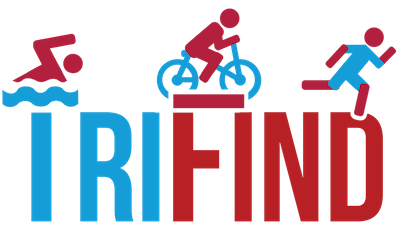On Ultimatums
On Ultimatums
Some argue that ultimatums present choices and associated consequences. The choices we make have consequences, some more obvious than others are. Our legal system is pretty much a series of ultimatums. Breaking a law carries penalties. Violating a school’s honor code usually carries consequences following a form of due process.
Standards are important for individuals and communities. Standards suggest expectations with possible consequences. This is true throughout life. In fly or breaststroke one must touch the wall with both hands at the same time or risk getting disqualified. We understand and accept rules and the consequences relative to them.
Goals reflect standards and expectation. It is a mistake however to frame goals as ultimatums. “I have to make my cuts at this meet” or “I have to make championship finals” are examples of ultimatums. There is a difference between wanting and intending to achieve something versus having to achieve something. Wanting to achieve a time or to make it into the top eight is good. Unfortunately, framing things as “I have to” is usually counterproductive. First, your focus is on a result (outcome) – a time or a place. Focus on the process. Successful execution of the process is the surest way to achieve your goal. Second, ultimatums usually refer to things you cannot control. You cannot control how other people swim. If you get a lifetime best but eight people in the event swim faster, you risk being frustrated despite your great swim. All you can control is how well you swim. Focusing on things you cannot control (competitors, results) usually hurts your performance by taking your focus off yourself and out of the now. You can only control your effort (the process). We talked about using routines to calm and “center” you. We cautioned against getting so dependent on a routine that you get anxious if part of your preferred routine goes awry. Feeling too dependent on a routine is like giving yourself an ultimatum that says you can only succeed if everything goes exactly as you want it to. You are better and stronger than that. Do not limit yourself that way. Third, there is nothing wrong with failure. Failure is not fun, and it is not the goal. Unfortunately we all fall short of some goals along the journey toward excellence. When we frame goals as ultimatums however, failure is not simply a matter of falling short. It has an air of finality to it. “I had to do something and I failed”. Go for it and be excited about it. But let yourself focus on the process and frame the goal as something you want to do and are excited to go for, but not as something you have to do – (or else). Finally, ultimatums tend to frame things as either / or, acceptable or unacceptable. There is no gray area or real joy in the success – only relief if we do not fail. Have high goals. Be excited and determined to go after your goals, but do not frame them as ultimatums.
Free Your Mind - From the movie The Matrix
Like Neo, played by Keanu Reeves, you can free your mind to let yourself have fun and accomplish great things. (Neo and Morpheus are talking in the construct)
Neo: I know what you are trying to do.
Morpheus: I’m trying to free your mind, Neo, but I can only show you the door, you’re the one that has to walk through it. Tank, load the jumping program. You have to let it all go Neo, fear, doubt, and disbelief. Free your mind.
Neo: Whoa. Okey-dokey, free my mind.


